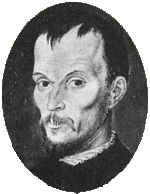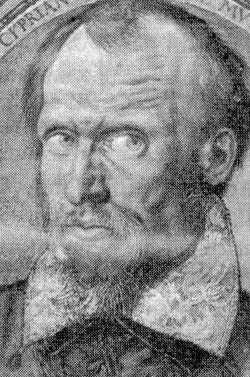

Franco-Flemish composer. Nothing certain is known of his early life or his arrival in Venice, but he sang in the choir of St Mark's in 1542-6 and studied with Willaert. In 1547 he became director of music to Duke Ercole II of Ferrara. While he was away visiting Antwerp in 1559 his patron died and since the next duke did not retain his services, Rore took up a similar court post at Parma in 1560. In 1563 he succeeded Willaert as maestro di cappella at St Mark's, but finding the duties too onerous he returned to his previous post at Parma in 1564.

Rore's surviving output consists of three Masses, 65 motets, one Passion, eight psalms and Magnificats, 125 madrigals and a few chansons. His sacred music is on the whole conservative though at times most impressive (the motet O altitudo divitiarum,for example); but his madrigals are historically far more important. He was always concerned to capture the mood of his texts through musical devices, timing and contrasts. His preference was for serious, highflown poetry. To some particularly intense texts he responded with daring chromaticism and modulations.